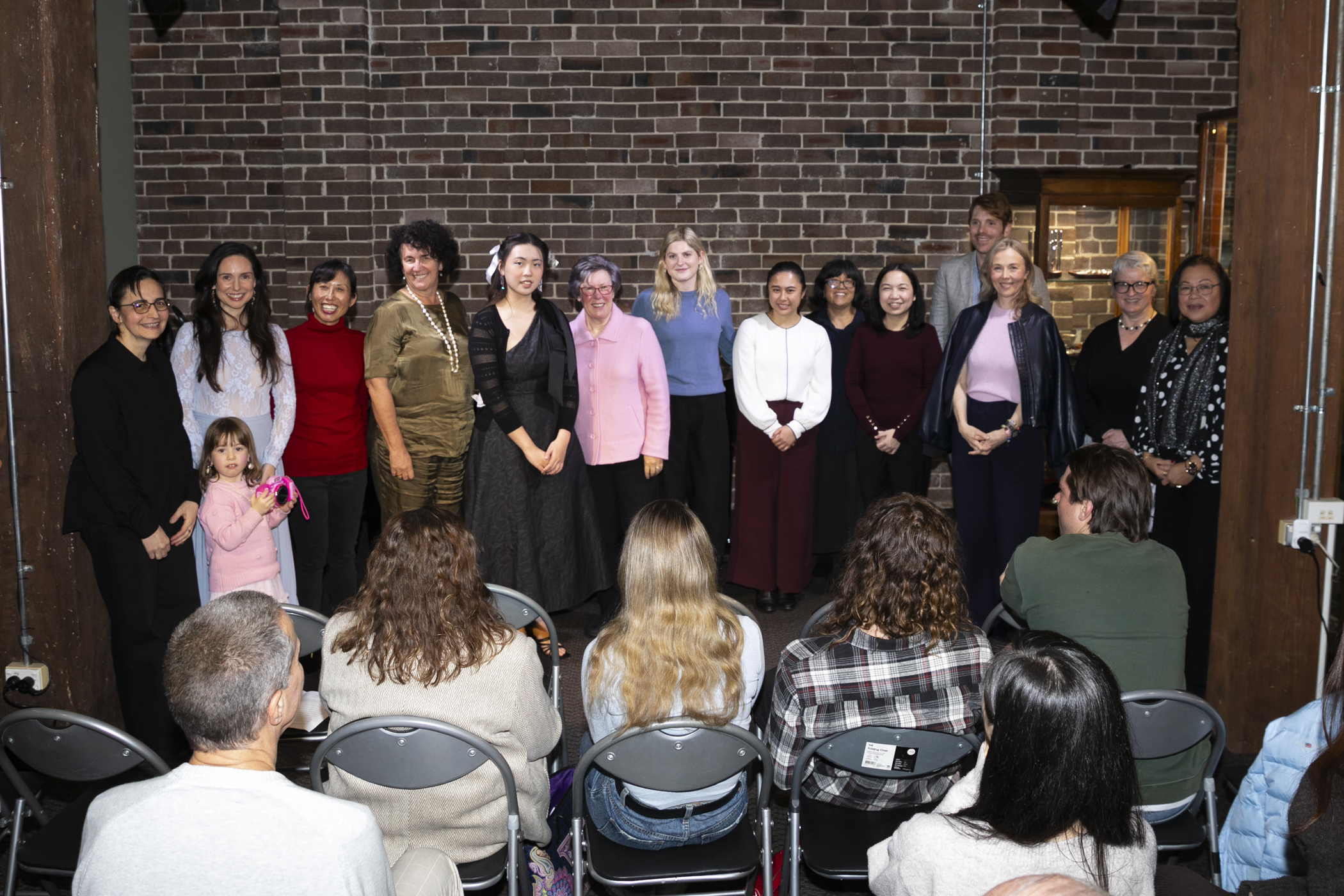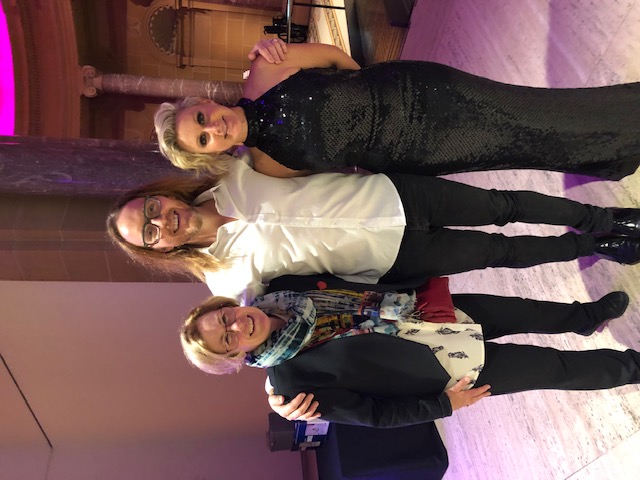Singing with an open throat – what’s all the fuss?
While the concept of ‘open throat’ singing is widely debated, there’s more to better singing than that.
 Singing with a well-functioning voice is a whole-body practice involving the foundations of correct posture and proper breathing – without that, your throat muscles close down. Then there are the facial, mouth and throat interactions to produce sound. This is where an open throat comes in.
Singing with a well-functioning voice is a whole-body practice involving the foundations of correct posture and proper breathing – without that, your throat muscles close down. Then there are the facial, mouth and throat interactions to produce sound. This is where an open throat comes in.
Why is an open throat important?
Creating an open throat space allows your voice tone to sound free and clear, not nasal, tight or raspy as with a tense throat.
But it takes time to achieve a sustainably open throat. Gradually though, with good guidance from your singing teacher, you can consistently produce a more resonant, warm tone with less tension. Then you can adjust your throat space to suit your repertoire. Classical singers need more open throat than jazz or pop singers. Music theatre singers learn to adjust the spaces in their throat depending on their resonance and repertoire needs, which is how they achieve the exciting tones of belt singing.
Anne Richardson, a student of my Sydney studio has achieved stress-free singing this way.  We worked over several months, first on building her breathing foundation, then on technical exercises to break old habits and teach her singing muscles new ways of working. These exercises released tension in the muscles at the back of her throat and tongue; tension we discovered also extended to her jaw, neck and shoulders.
We worked over several months, first on building her breathing foundation, then on technical exercises to break old habits and teach her singing muscles new ways of working. These exercises released tension in the muscles at the back of her throat and tongue; tension we discovered also extended to her jaw, neck and shoulders.
At first, the process involved Anne consciously thinking about what she was doing. “There’s no change without making a deliberate effort,” Anne says.
Now, her hard work has paid off, as Anne can sing without tension in those areas. She feels less worn out after rehearsing, and says she feels – and sounds – much freer. “It literally feels like freedom. The absence of that straining is the biggest change I’ve noticed. The sound of my voice has transformed, and is now lighter, brighter and clearer.”
To start opening your throat, try these easy exercises:
- To feel the space, take your tongue back and feel the tightness in your throat. Say a long aaahhh! Notice the dark sound.
- Do a pretend yawn as you inhale and leave the tongue forward with its tip touching the top of your bottom teeth. Relax the back of your tongue. Make a silent aahh shape as air enters your lungs and feel the expansion in your lower ribs. Try not to tense your lips or facial muscles. Use a mirror to see the spaces opening.
- The idea of a ‘delightful’, happy in breath that opens the back of your throat may help. Don’t open your mouth too widely, so your facial muscles don’t tense. This also helps raise your cheek muscles and give an extra rich tonal quality.
Learning to open your throat takes time and dedication. It starts with supportive singing lessons and the expert guidance of a professional singing teacher. Find out how Kathleen Connell can help.




